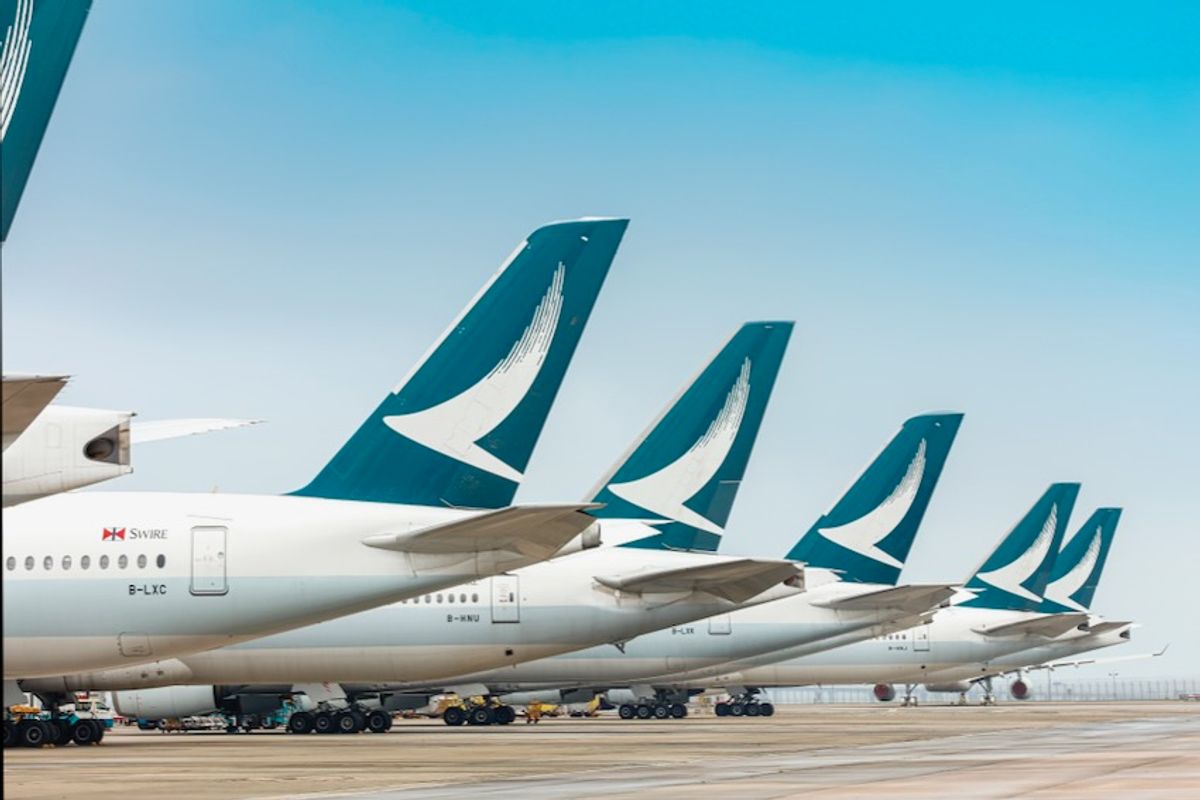Hong Kong-based carrier Cathay Pacific has agreed to purchase 30 Airbus aircraft as part of a wider HK$100 billion (approx. €11.7 billion) investment strategy to upgrade its fleet, cabin products and lounges, the carrier announced on Wednesday (7 August).
The Airbus order will see the carrier take delivery of 30 A330-900 widebody aircraft from 2028, principally serving destinations in Asia.
Cathay now has more than 100 new-generation aircraft in its delivery pipeline, according to the carrier, with the option to acquire some 80 additional aircraft in future.
Ronald Lam, Cathay Group CEO, said: “As Cathay completes the final stretch of its rebuilding journey, we are turning the page to modernisation and growth, both in terms of scope and quality.
“We are delighted to announce this new order for state-of-the-art A330neo aircraft. This substantial investment reflects not only our immense confidence in Hong Kong’s leading international aviation hub status, but also represents our commitment to fostering our home city’s ongoing development,” he said.
The carrier added that the “enhanced fuel efficiency” of the new aircraft “will play an important role in reducing carbon emissions and helping Cathay achieve its carbon net-zero by 2050 goal”.
Cathay’s multi-billion-dollar investment will also include the launch of new cabin products. The carrier’s new ‘Aria’ business class suite (which includes a privacy door and sliding partition between seats), premium economy and refreshed economy cabins will be introduced to its redesigned Boeing 777-300ER aircraft later this year, while its first class product will be launched on its Boeing 777-9 aircraft in 2025. A new business class product will also be introduced on its existing A330 aircraft in 2026.
Cathay on Wednesday also reported a decline in first-half 2024 profits. Net income dropped 15.3 per cent year-on-year to HK$3.6 billion, largely due to the normalisation of ticket prices, the carrier said. Revenue increased 13.8 per cent to HK$49.6 billion off the back of a 36.4 per cent rise in passenger numbers, but costs increased at a higher rate.

